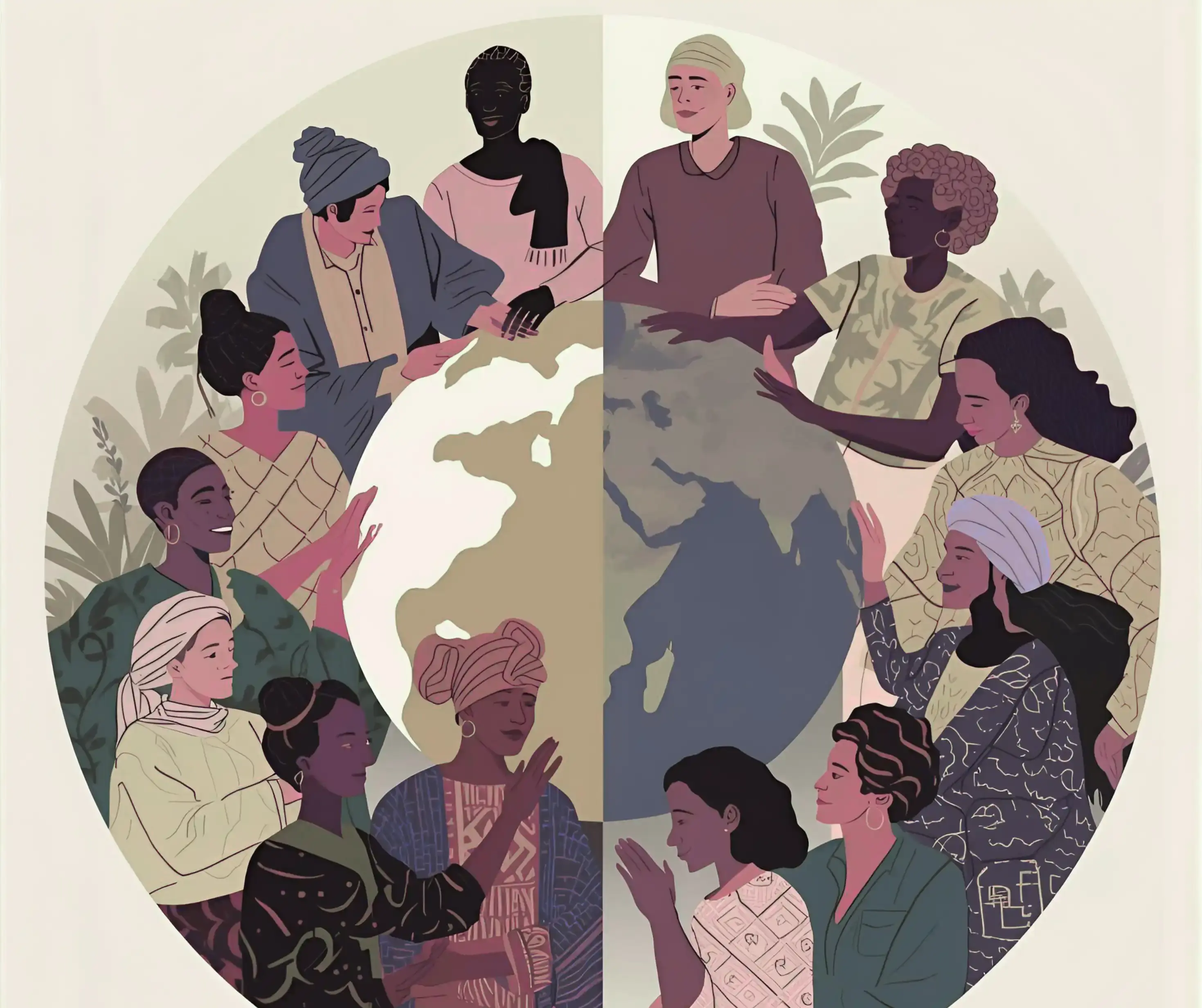Global safeguarding frameworks are often described as victim-centred, but in practice they frequently reproduce the same hierarchies they aim to dismantle. As Dr Nof Nasser-Eddin, Co-Director of the Centre for Transnational Development and Collaboration (CTDC), argues in her chapter “Agency and Affect in PSEA: Understanding Agency through a Transnational Intersectional Lens”, published in Sexual Exploitation and Abuse in Peacekeeping and Aid (Bristol University Press, 2024), the problem lies not only in policy design but in how we understand agency, emotion, and power.
Although the chapter focuses on PSEA (Preventing Sexual Exploitation and Abuse), its insights extend far beyond that field. It challenges how safeguarding frameworks in general conceptualise survivors, accountability, and justice, and calls for a more intersectional, context-sensitive, and emotionally aware approach to protection.
🌍 Why Current Safeguarding Approaches Fall Short
Many existing PSEA and safeguarding systems were designed in the Global North and assume that survivors share similar experiences, needs, and understandings of justice. In practice, this leads to:
• Homogenising survivors, erasing social, emotional, and economic differences.
• Standardised responses, where assistance becomes a service checklist rather than a justice process.
• Neglect of emotion and affect, sidelining the emotional realities of both survivors and practitioners.
These limitations reproduce inequality and strip survivors of the very agency that safeguarding frameworks claim to restore.
✊🏽 Understanding Agency Through a Transnational Intersectional Lens
Dr Nasser-Eddin’s framework views agency through the interplay of intersectionality, material realities, and affect. It asks practitioners to understand sexual exploitation and abuse not as isolated incidents, but as expressions of overlapping systems of power, colonialism, patriarchy, racism, and class inequality.
From this perspective, agency is not about individual resilience but about navigating and resisting systemic constraints. True safeguarding practice, therefore, must recognise:
• That no one stands outside power, and every actor, survivor, staff member, donor, occupies a different position within it.
• The need for transnational solidarity, grounded in listening, humility, and shared responsibility.
• The role of emotion as both an analytical and ethical dimension of safeguarding.
💡 Practical Recommendations
1. Co-create Frameworks with, not about, Communities
Design safeguarding systems collaboratively, ensuring they reflect the lived realities and priorities of those they aim to protect.
2. Integrate Emotion and Affect into Practice
Recognise that emotion shapes responses, decisions, and communication. Create space for emotional reflection in training, case management, and organisational culture.
3. Avoid One-Size-Fits-All Models
Safeguarding responses must adapt to local contexts, addressing intersecting factors like class, gender, and geography rather than enforcing rigid compliance templates.
4. Reimagine Justice as a Process
Justice is not a final product but an ongoing practice of recognition, repair, and inclusion, defined by survivors themselves.
5. Centre Agency in Every Safeguarding Mechanism
Agency must guide definitions of “protection” and “accountability,” ensuring survivors are not merely consulted but co-authors of change.
🌱 From Policy to Practice
Dr Nasser-Eddin reminds us that safeguarding is relational. It cannot be reduced to reports, audits, or checklists. Accountability begins with how institutions understand, feel, and act, how they engage with power, emotion, and the lived realities of those affected.
Embedding agency and affect into safeguarding turns compliance into care, and policy into practice. It transforms safeguarding from a bureaucratic requirement into a pathway toward transformative justice, a justice that heals, includes, and restores dignity.
Ready to build safer, more inclusive organisations?
CTDC supports partners in designing safeguarding and EDI frameworks rooted in justice, equity, and lived experience. Reach out to start the conversation.
Reach to Us
Have questions or want to collaborate? We'd love to hear from you.




